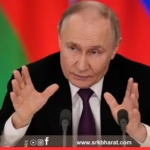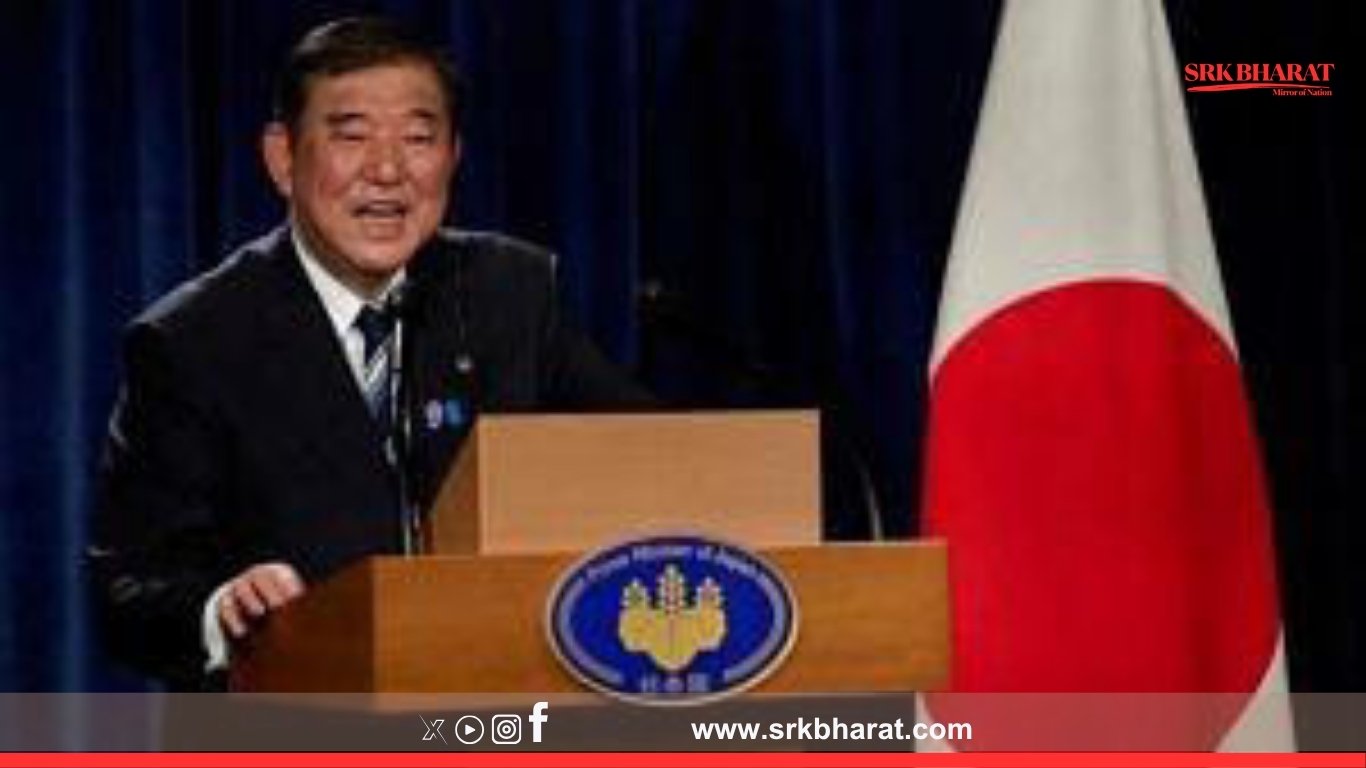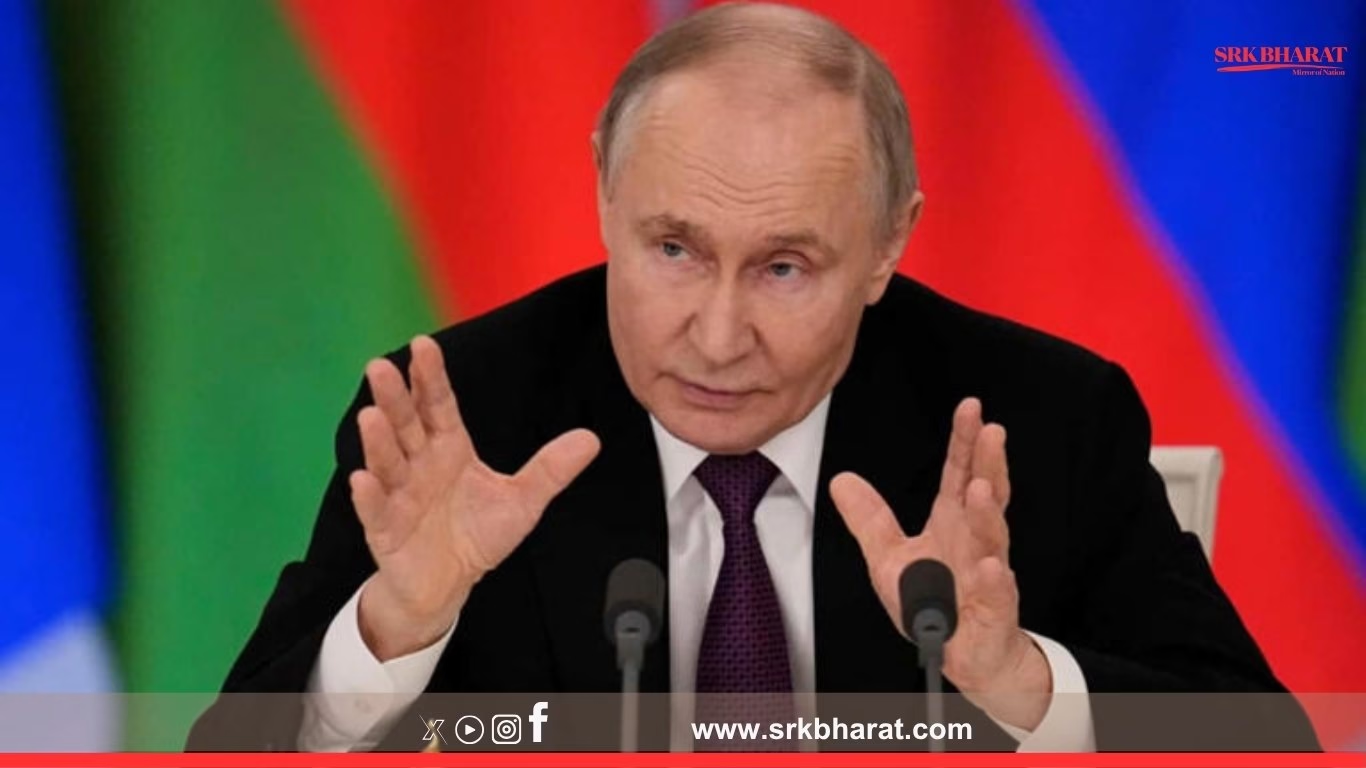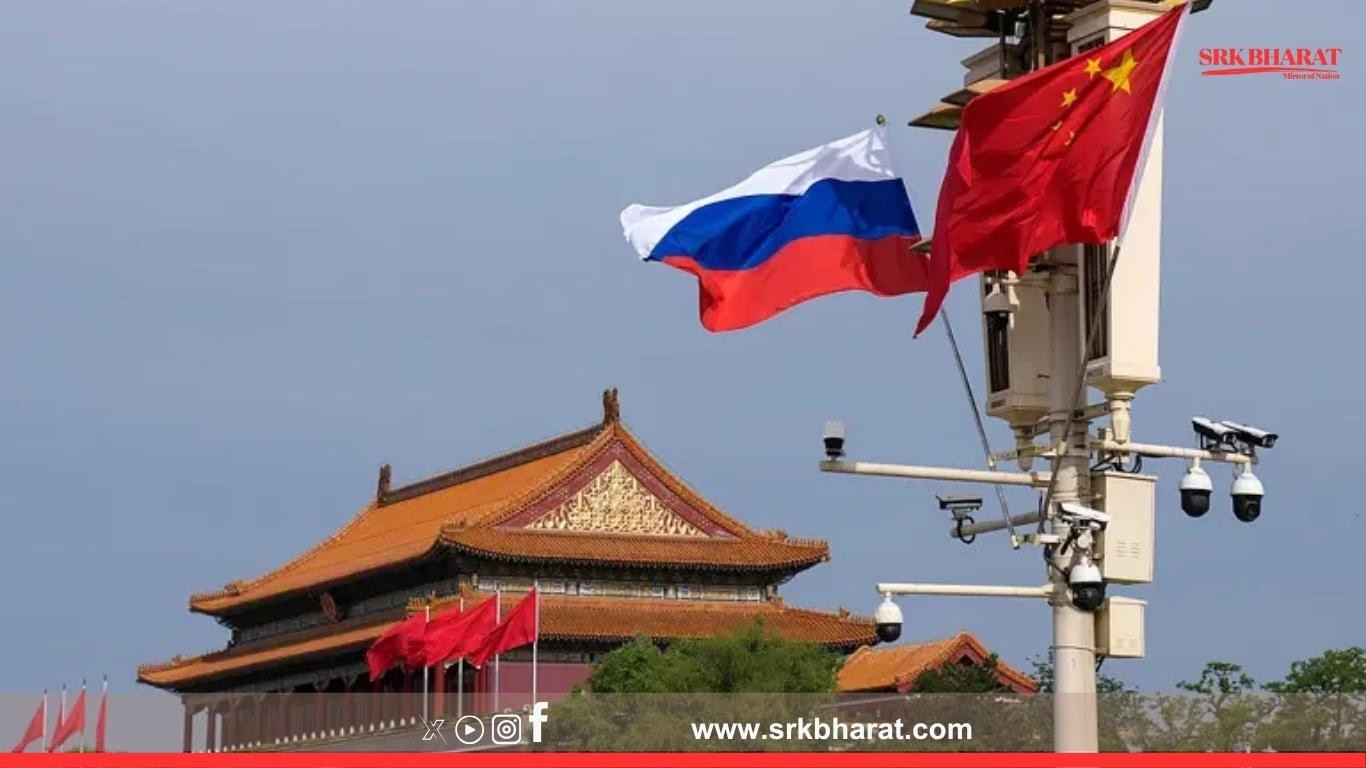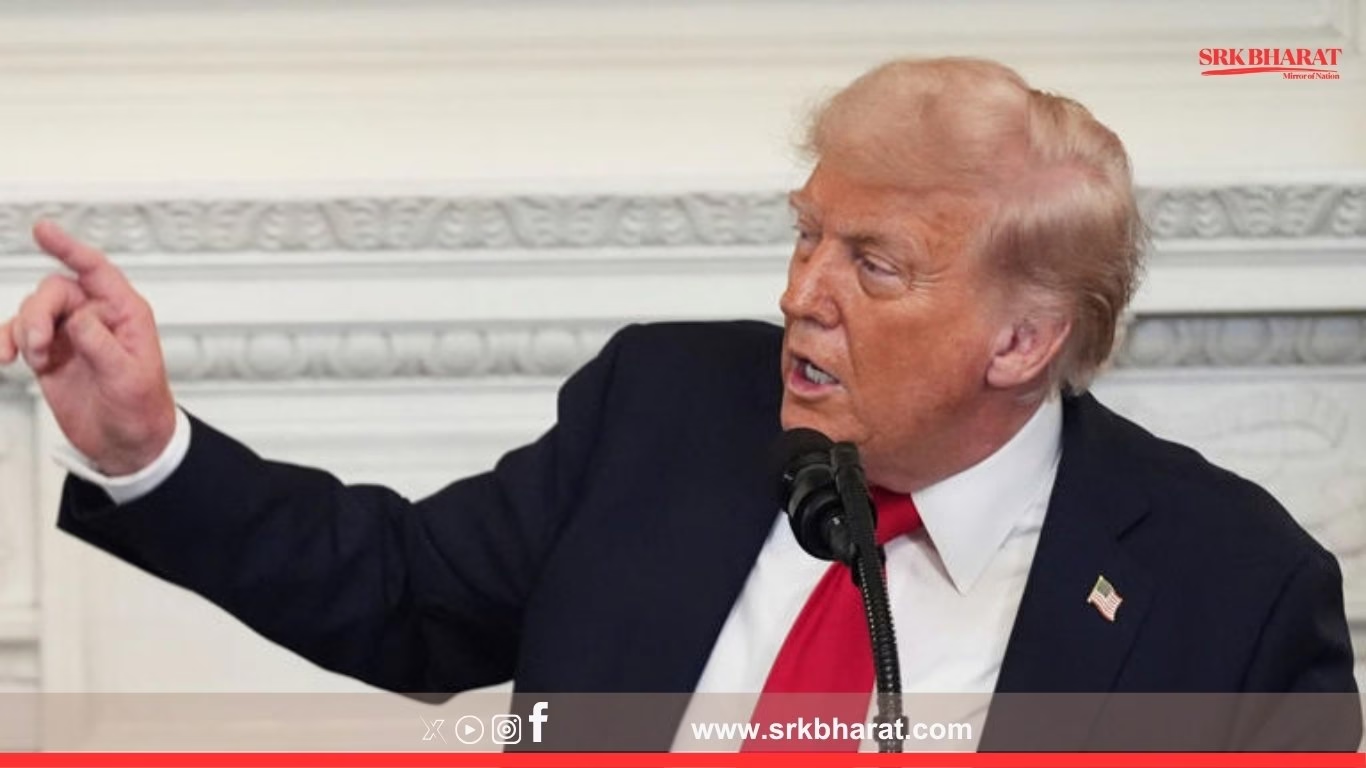In a move stirring geopolitical ripples, Japan has scaled back its engagement with NATO, opting to send a lower-level delegate to the 2025 NATO Summit while reaffirming its commitment to Indo-Pacific partnerships. The decision, seen as a recalibration rather than retreat, comes amid growing tensions with China and a strained alliance with the U.S. under President Donald Trump.
Strategic Shift or Tactical Pause?
Prime Minister Shigeru Ishiba’s abrupt no-show at the summit in The Hague—despite earlier confirmation—has raised eyebrows. Japanese media report the cancellation stemmed from the lack of a confirmed bilateral meeting with Trump and the absence of an Indo-Pacific Four (IP4) session involving Australia, New Zealand, South Korea, and Japan.
While Foreign Minister Takeshi Iwaya represented Tokyo, analysts interpret the move as a signal of discontent with Washington’s pressure on Japan to increase defense spending and accept steep tariffs on exports.
China Sees Opportunity in NATO Gap
Chinese analysts have framed Japan’s NATO pullback as a “strategic awakening”, resisting Cold War-style blocs and Western pressure. Beijing is closely monitoring the cracks in Western unity, especially as NATO seeks to expand its influence in the Indo-Pacific.
Despite this, Japan continues to deepen ties with ASEAN nations, India, the EU, and Australia, signaling that its Indo-Pacific strategy remains robust.
Domestic Pressures and Diplomatic Balancing
Ishiba’s government faces mounting domestic criticism over inflation and political instability, further complicating foreign policy decisions. With elections looming, the prime minister is under pressure to assert Japan’s autonomy while maintaining strategic alliances.
“Japan is not retreating from global security—it’s recalibrating its role in a rapidly shifting world order,” said a Tokyo-based analyst.
🔁 Share this article to explore Japan’s evolving foreign policy and the global implications of its NATO stance.

